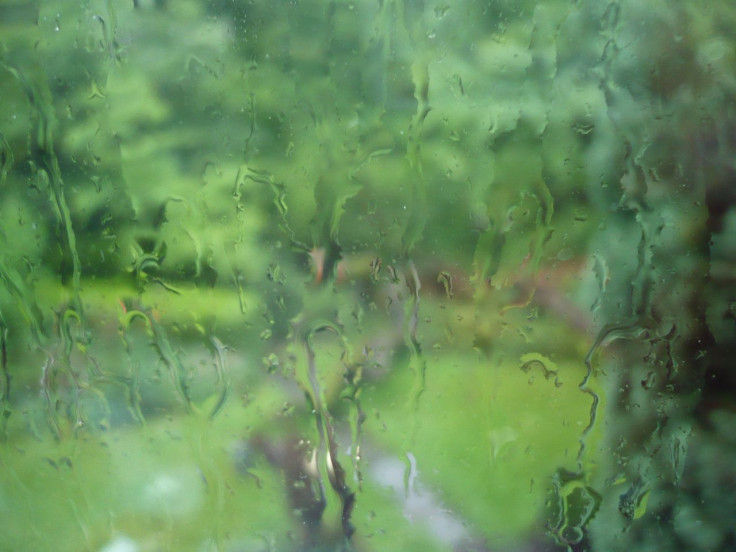Don't blame weather for your aches and pains – scientists claim to bust a myth dating from Roman times
A pair of studies suggests weather pain is imaginary, going against widespread anecdotal reports.
The age-old idea that bad weather makes joint and back pain worse is unfounded, new research suggests.
Two new papers argue that there is no significant link between temperature, humidity, air pressure, wind direction or precipitation and either low back pain or osteoarthritis.
Scientists in Australia explored the link between weather and acute low back pain in one study of 981 people, and osteoarthritis in another study of 345 people. The researchers noted when patients reported a bout of pain, and compared this with weather records from the Australian Bureau of Meteorology from across the country, with daily temperatures ranging from 5.4C to 32.8C.
The study goes against popular belief that bad weather exacerbates joint and back pain, which dates back to the humoral theory popularised by the Galen, a Greek physician who lived and worked in Rome in the 2nd Century.

"People were adamant that adverse weather conditions worsened their symptoms so we decided to go ahead with a new study based on data from new patients with both lower back pain and osteoarthritis," said Chris Maher of The George Institute for Global Health in Australia, who led the study on back pain. "The results though were almost exactly the same – there is absolutely no link between pain and the weather in these conditions."
Confirming prejudice?
Maher said that the reason for people's perceived worsening of symptoms linked to weather is simply because they have heard of the supposed association and notice their pain more when the weather is bad as a result.
Manuela Ferreira, also of the George Institute and leader of the osteoarthritis study, said that arthritis and back pain patients should do their best to forget these common beliefs.
"People who suffer from either of these conditions should not focus on the weather as it does not have an important influence on your symptoms and it is outside your control," she said.
"Our research suggests this belief may be based on the fact that people recall events that confirm their pre-existing views," said Maher.

"Human beings are very susceptible so it's easy to see why we might only take note of pain on the days when it's cold and rainy outside, but discount the days when they have symptoms but the weather is mild and sunny."
A contentious area
But it's not just popular belief or anecdotal reports that have linked weather-induced aches and pains. Previous research has found a link between factors such as humidity and joint pain, according to an Arthritis Research UK-funded study of 810 people.
Other reviews have found a clear link between humidity and temperature with arthritis.
Based on research such as this, many health organisations provide services predicting joint pain for arthritis patients based on their local weather forecasts.
A spokeswoman for the charity Arthritis Research UK told IBTimes UK: "This is an interesting study which does add to the existing evidence. However, it is important to remember the sample size is small and over a relatively short period of time, so it would be misleading to say that this study finally determines if weather affects joint pain."
The charity is funding a study of more than 12,000 people with arthritis, which is still recruiting participants, called Cloudy with a Chance of Pain. The study aims for people to record daily symptoms using a mobile app, which will then be compared with local weather data.
"Preliminary results indicate that both rainfall and lack of sunshine may be associated with levels of pain. If you live with the pain of arthritis and would like to become involved in the project, then please visit cloudywithachanceofpain.com."
Elaine Dennison, an epidemiologist at the University of Southampton who was not involved with the Australian studies, said that the science of the relationship between weather and arthritis pain is still a contentious area.
"There's enough evidence that says, yes, weather can make a difference [to people's arthritis symptoms], but it doesn't make a difference to everyone," Dennison said. "There are some groups of people that seem to be particularly susceptible to weather and climatic variation, for whatever reason."
The reason for the conflicts in the literature are likely due to inherent problems with comparing epidemiological studies, Dennison said. Studies often look at different countries with different climates, have different definitions of what counts as arthritis, and have different study designs. This leads to many studies coming to different conclusions.
"I wouldn't say we've got the answer yet," Dennison said. "It's a really nice study and great to have in the literature, but it adds to it rather than being the definitive answer."
© Copyright IBTimes 2025. All rights reserved.























